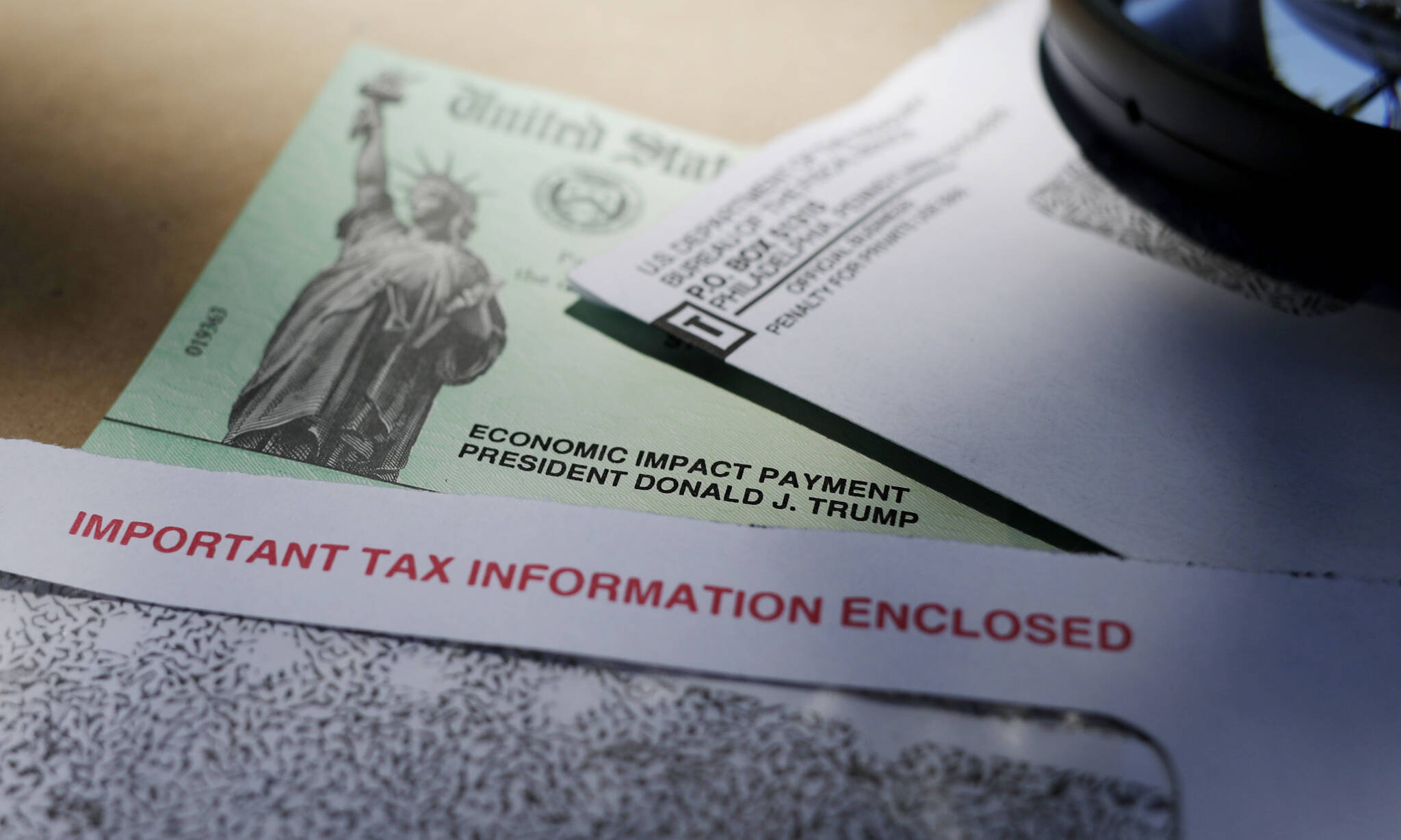The IRS announced Friday that most relief checks issued by states last year aren’t subject to federal taxes, providing 11th hour guidance as tax returns start to pour in.
A week after telling payment recipients to delay filing returns, the IRS said it won’t challenge the taxability of payments related to general welfare and disaster, meaning taxpayers who received those checks won’t have to pay federal taxes on those payments. All told, the IRS said special payments were made by 21 states in 2022.
“The IRS appreciates the patience of taxpayers, tax professionals, software companies and state tax administrators as the IRS and Treasury worked to resolve this unique and complex situation,” the IRS said Friday evening in a statement.
The states where the relief checks do not have to be reported by taxpayers are California, Colorado, Connecticut, Delaware, Florida, Hawaii, Idaho, Illinois, Indiana, Maine, New Jersey, New Mexico, New York, Oregon, Pennsylvania and Rhode Island. That also applies to supplementary energy relief payments in Alaska that were in addition to the annual Permanent Fund Dividend, the IRS said.
In addition, many taxpayers in Georgia, Massachusetts, South Carolina and Virginia also avoid federal taxes on state payments if they meet certain requirements, the IRS said.
In California, most residents got a “middle class tax refund” last year, a payment of up to $1,050 depending on their income, filing status and whether they had children. The Democratic-controlled state Legislature approved the payments to help offset record high gas prices, which peaked at a high of $6.44 per gallon in June according to AAA.
A key question was whether the federal government would count those payments as income and require Californians to pay taxes on it. Many California taxpayers had delayed filing their 2022 returns while waiting for an answer. Friday, the IRS said it would not tax the refund.
Maine was another example of states where the IRS stance had created confusion. More than 100,000 tax returns already had been filed as of Thursday, many of them submitted before the IRS urged residents to delay filing their returns.
Democratic Gov. Janet Mills pressed for the $850 pandemic relief checks last year for most Mainers to help make ends meet as a budget surplus ballooned.
Her administration designed the relief program to conform with federal tax code to avoid being subject to federal taxes or included in federal adjusted gross income calculations, said Sharon Huntley, spokesperson for the Department of Administrative and Financial Services.
Senate President Troy Jackson called the confusion caused by the IRS “harmful and irresponsible.”
“Democrats and Republicans worked together to create a program that would comply with federal tax laws and deliver for more than 800,000 Mainers,” the Democrat from Allagash said in a statement Friday.

